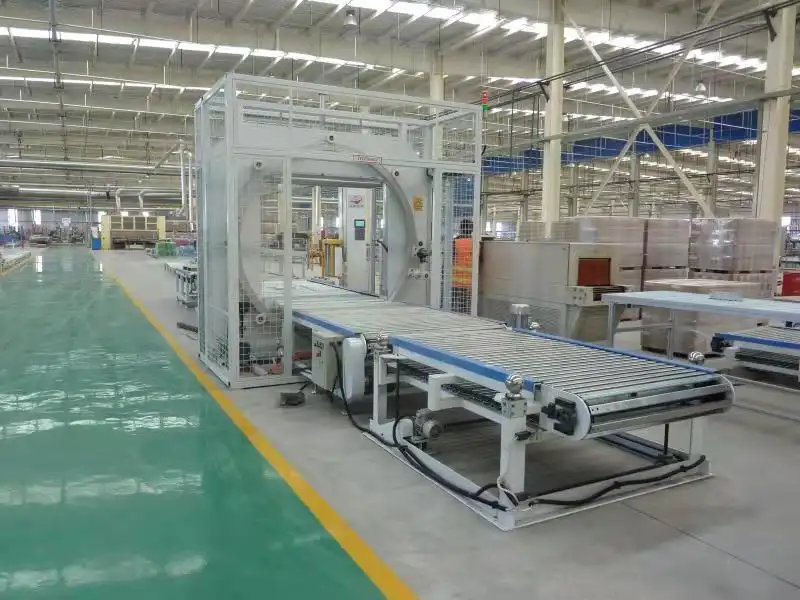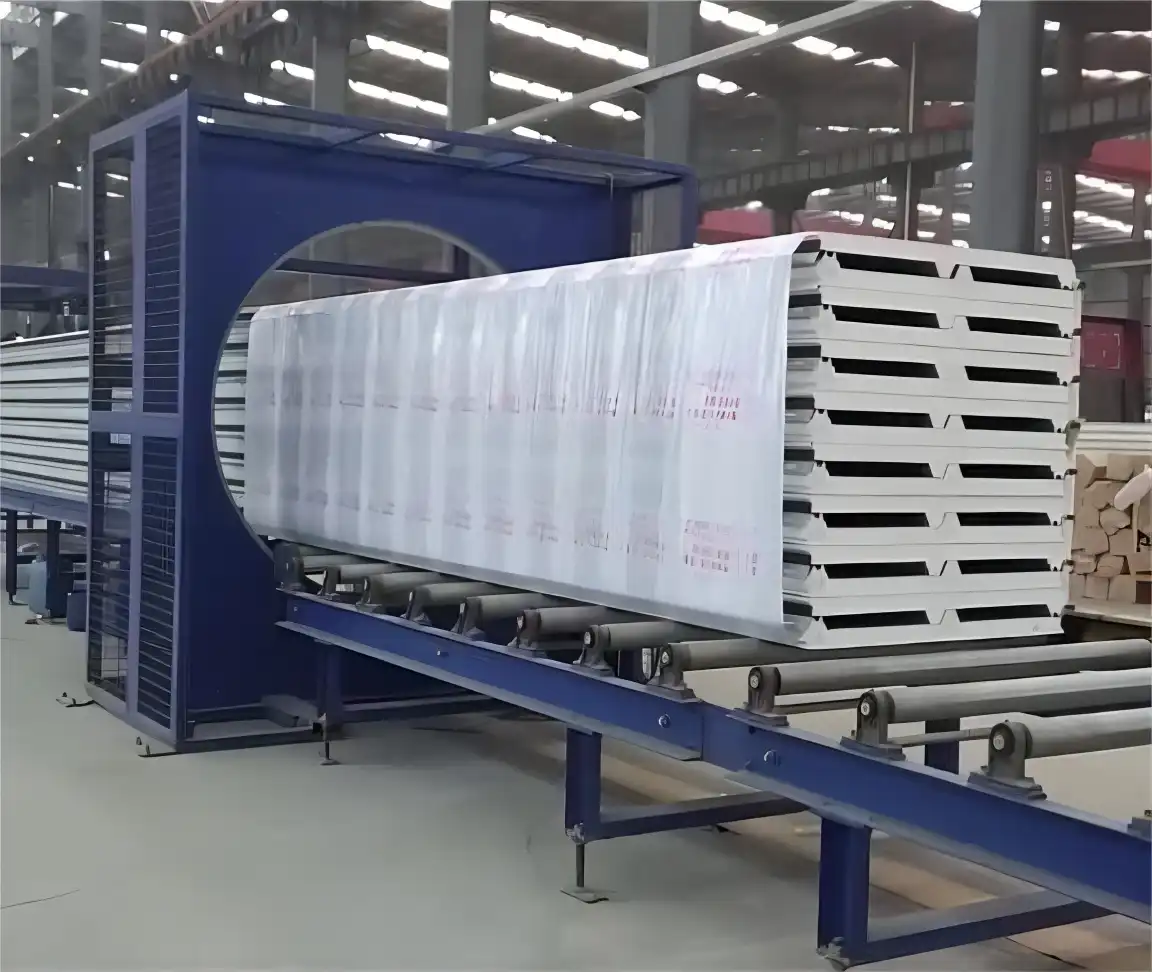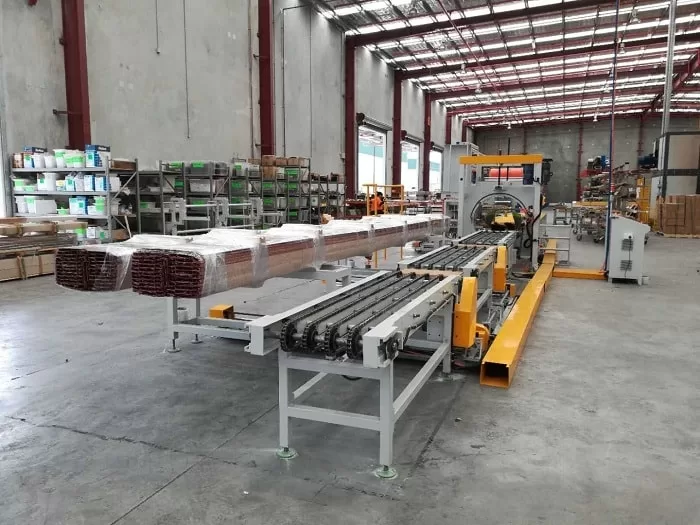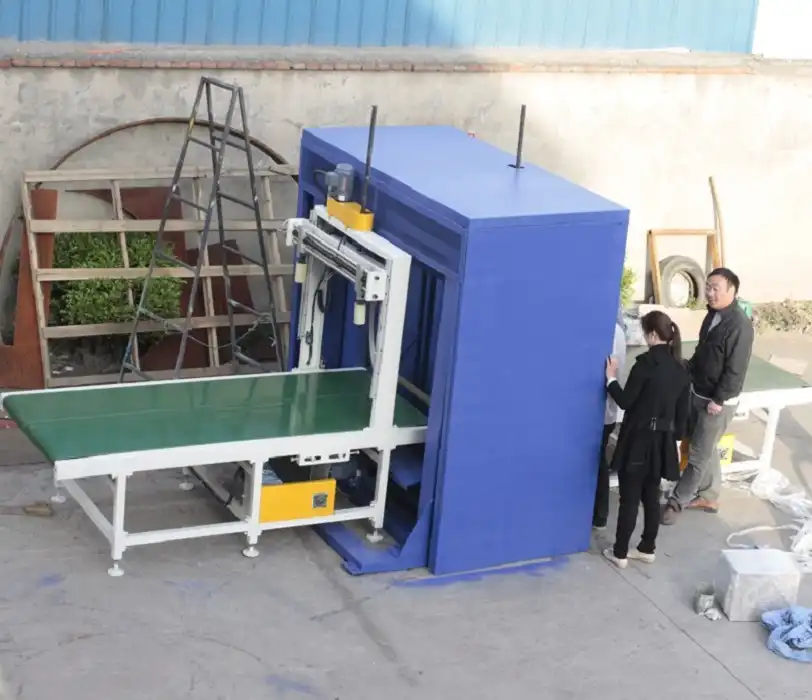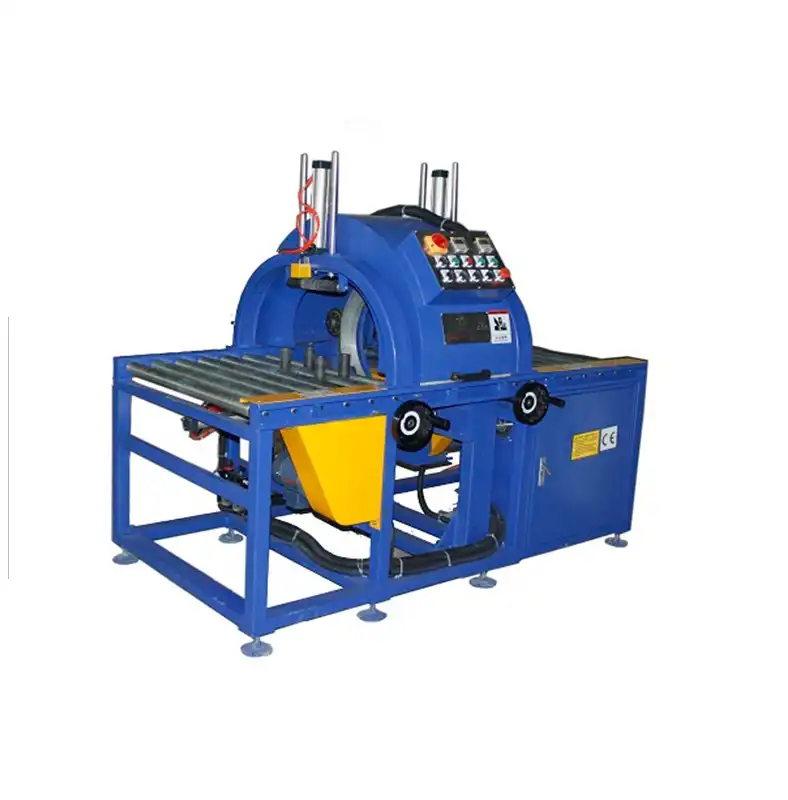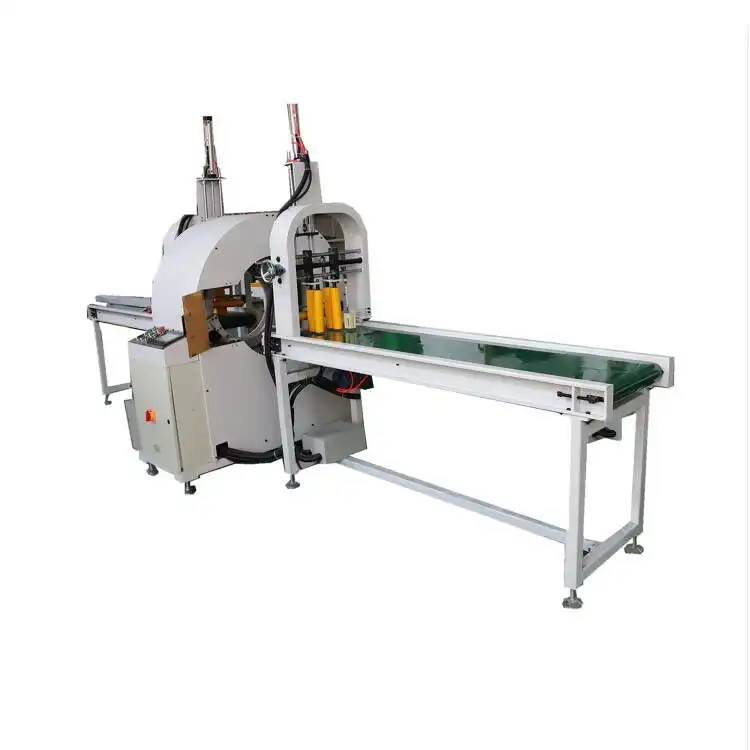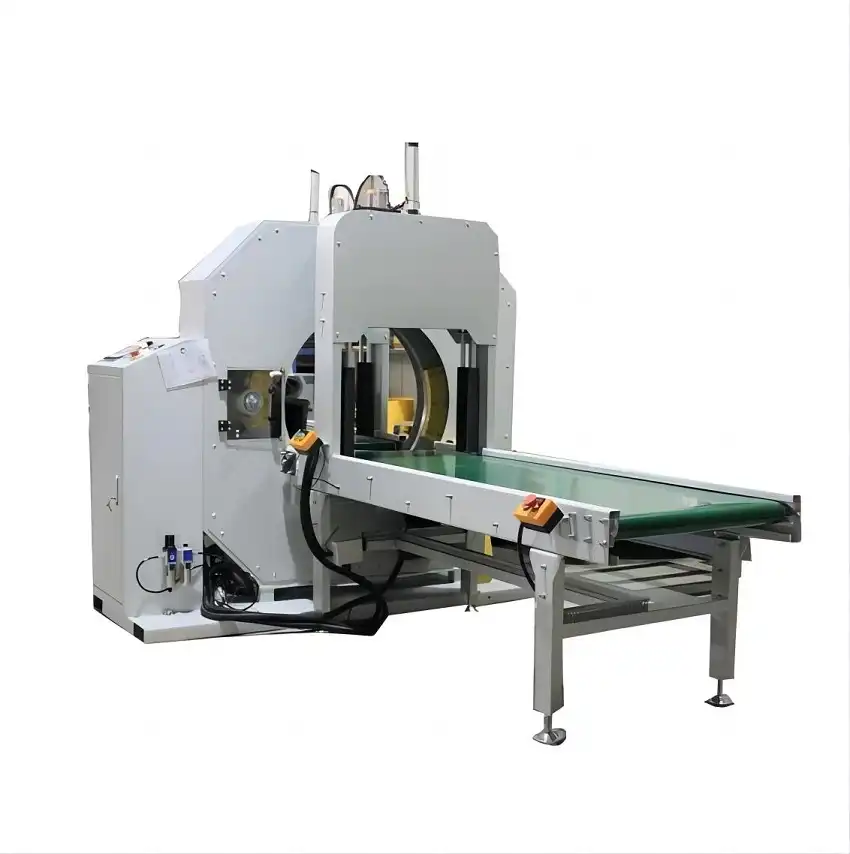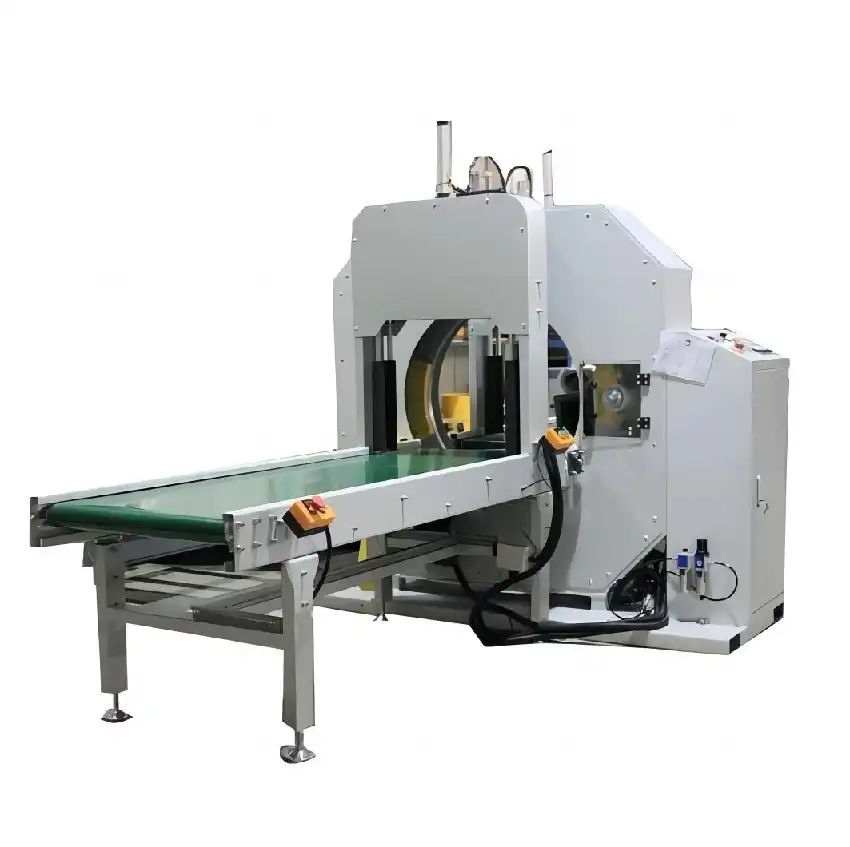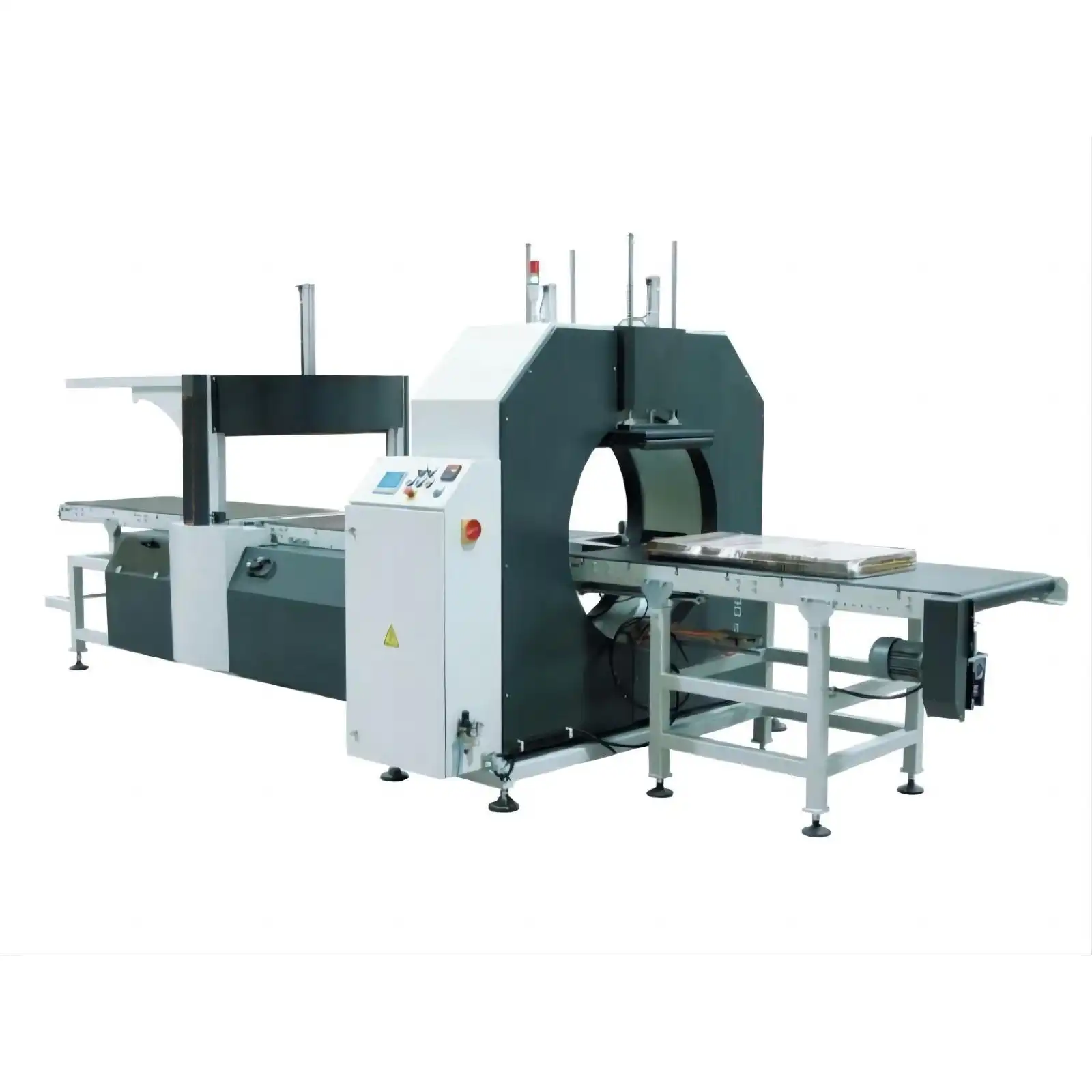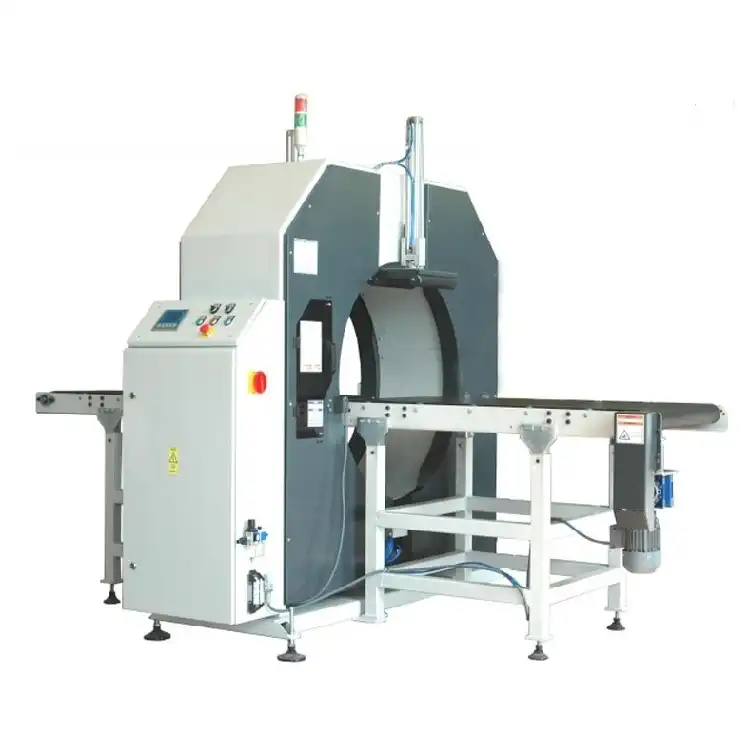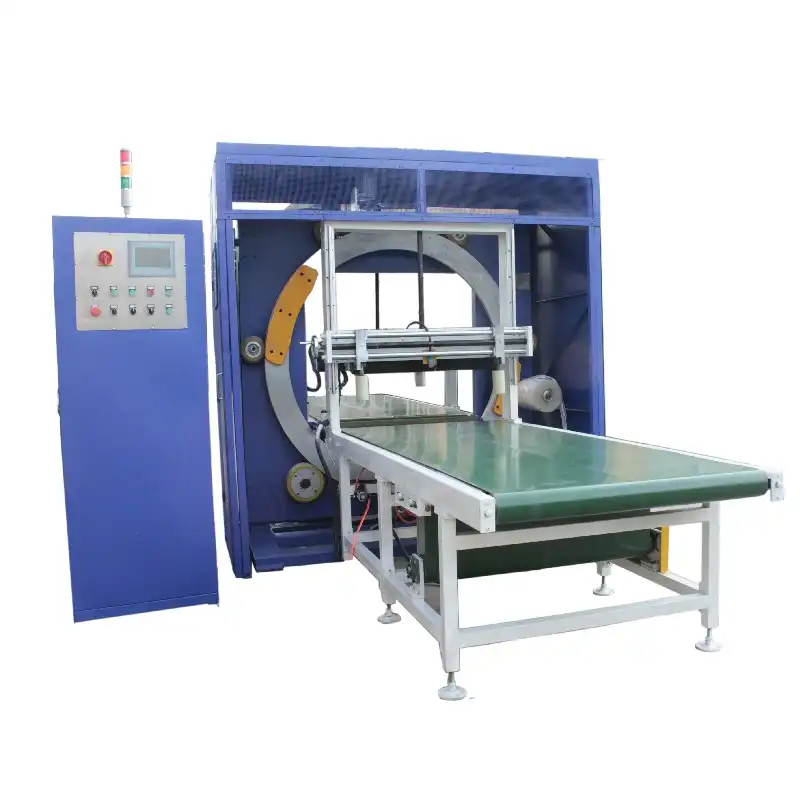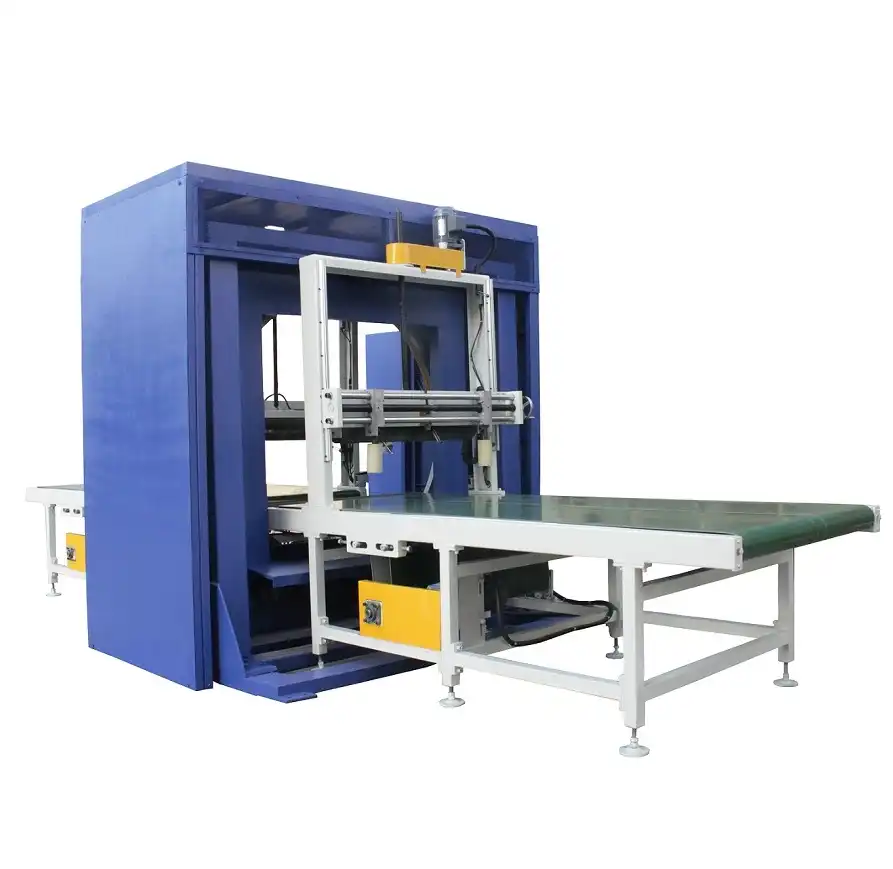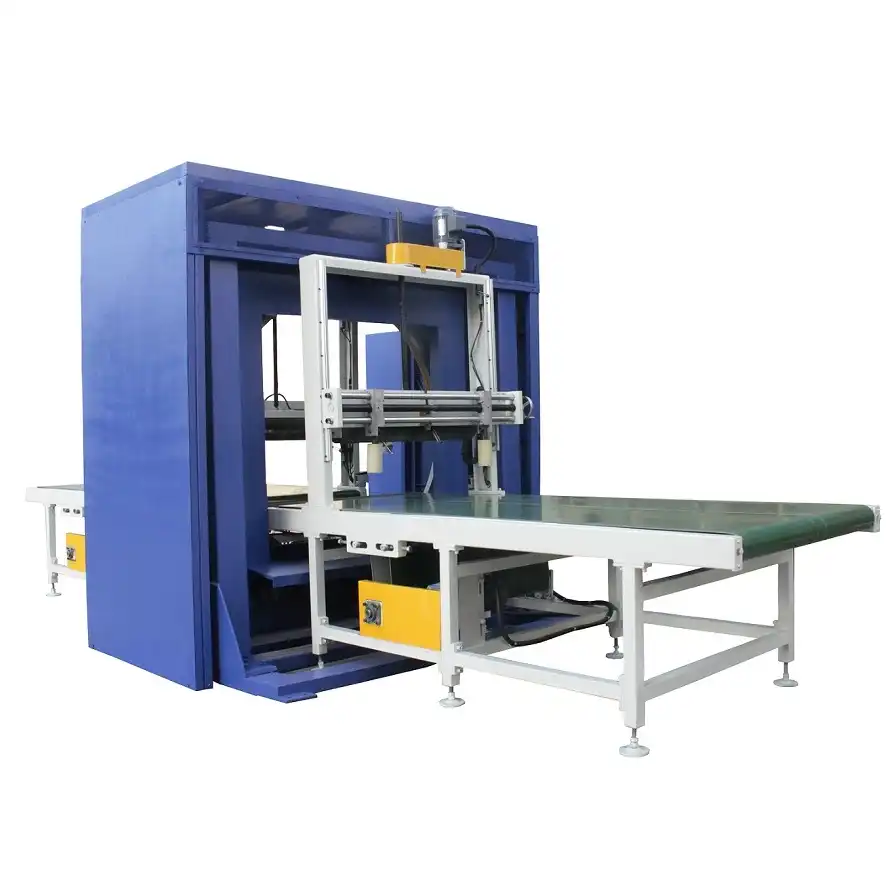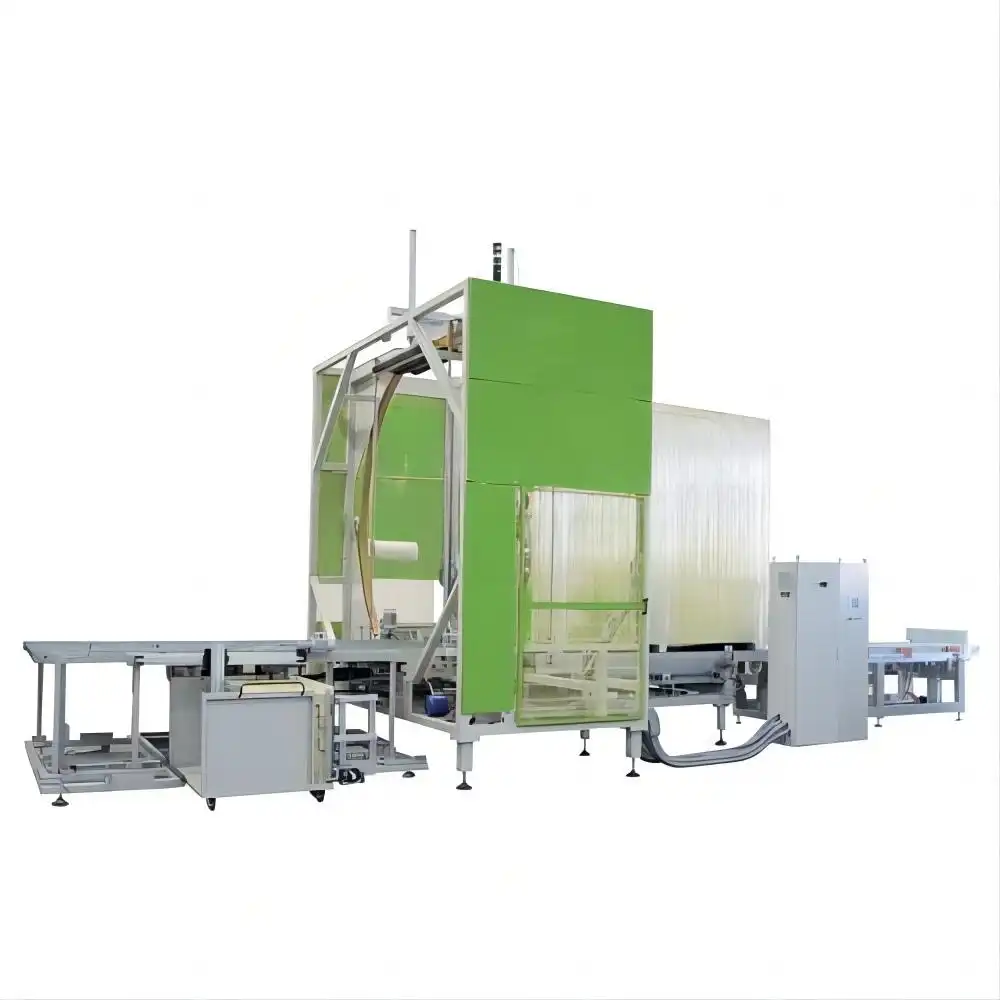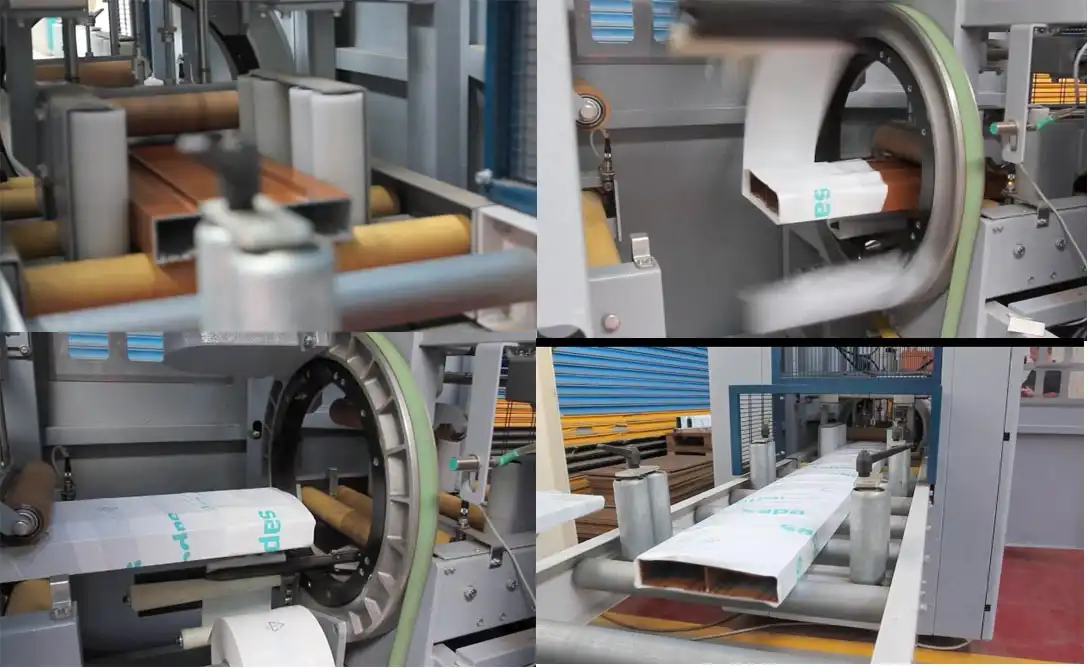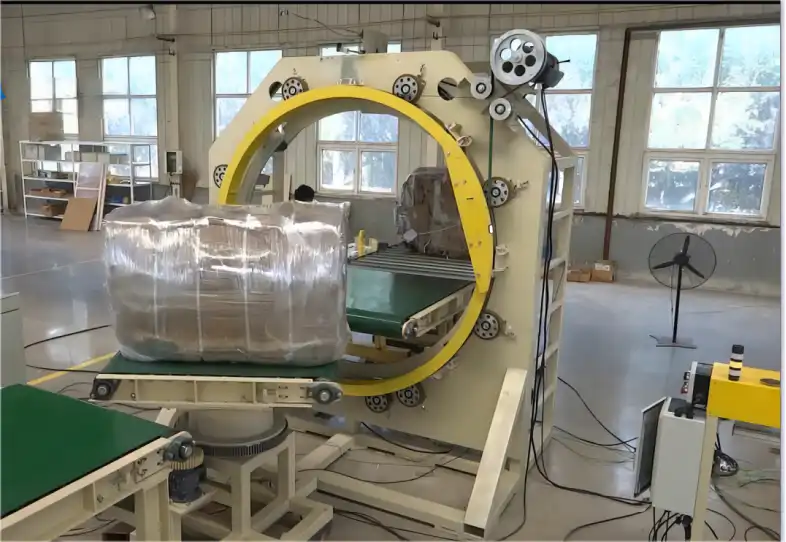How Intelligent Controls Can Improve Efficiency in Spiral Orbital Wrappers
In the rapidly evolving world of packaging technology, spiral orbital wrappers stand out for their efficiency and versatility. These machines are essential for securing products in a protective wrap, optimizing the packaging process for various industries, including food and beverage, pharmaceuticals, and consumer goods. However, like any machinery, the efficiency of spiral orbital wrappers can significantly improve with the integration of intelligent controls. In this article, we will explore how intelligent controls can enhance the performance of spiral orbital wrappers and ultimately lead to better operational outcomes.
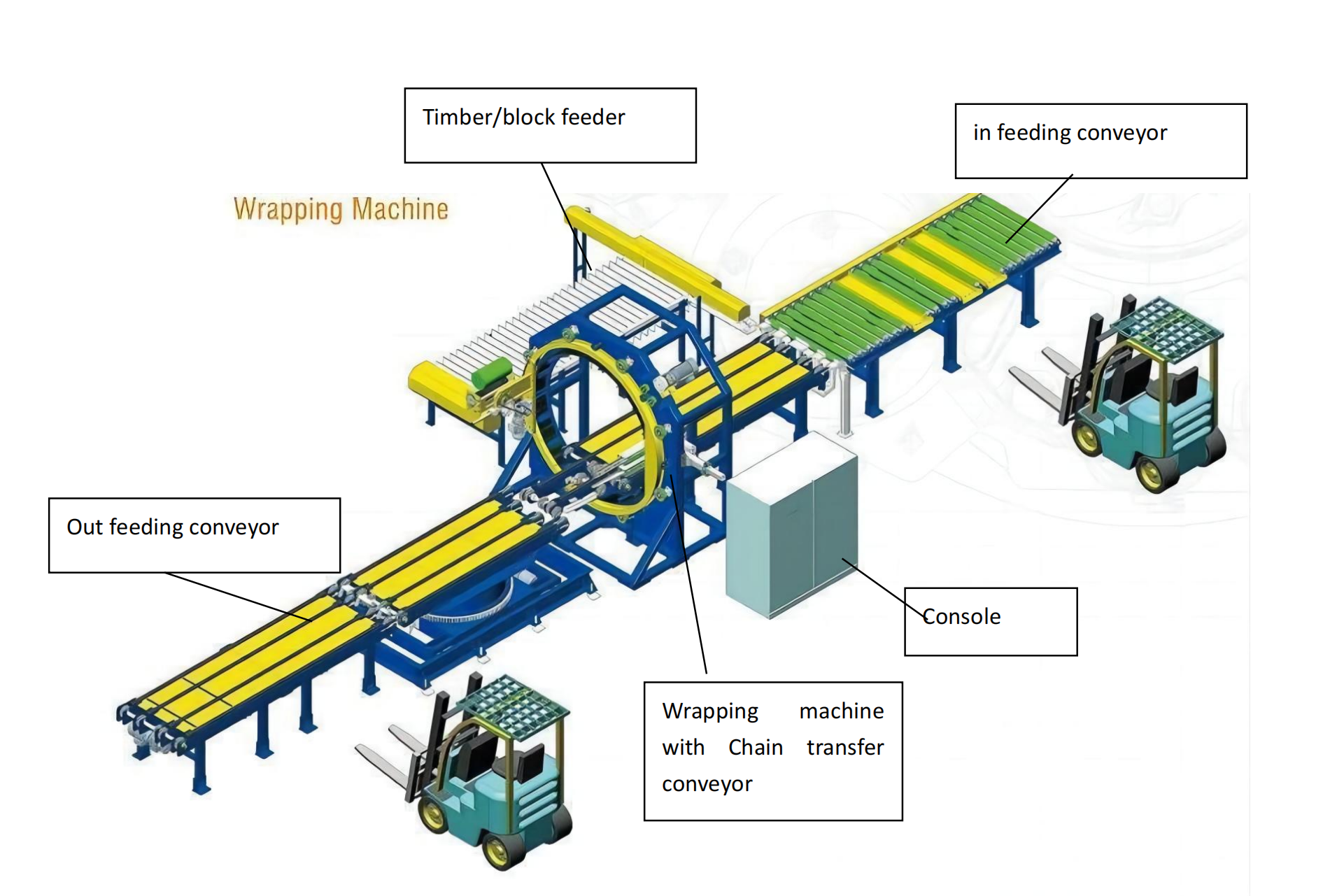
1. Understanding Spiral Orbital Wrappers
Spiral orbital wrappers are designed to wrap products using a continuous loop of film. They operate by rotating the product around a stationary orbital wrapping arm, applying the film in a spiral pattern. This method ensures a tight and secure wrap, minimizing the risk of damage during transportation and storage. The efficiency of these machines lies not only in their design but also in their control systems.
2. The Role of Intelligent Controls
Intelligent controls refer to advanced systems that leverage technology such as sensors, data analytics, and automation to optimize machine performance. In the context of spiral orbital wrappers, these controls play a crucial role in monitoring and adjusting various parameters to enhance efficiency.
2.1 Automation and Real-Time Monitoring
Automation is one of the key features of intelligent controls. With automated systems, wrappers can adjust to varying product sizes and weights without manual intervention. Real-time monitoring allows operators to track performance metrics continuously, identifying bottlenecks or inefficiencies that can be addressed immediately.
2.2 Predictive Maintenance
Intelligent controls can also incorporate predictive maintenance features. By analyzing data from the machine’s components, these systems can forecast potential failures before they occur. This proactive approach reduces downtime, ensuring that the wrapping process remains uninterrupted and efficient.
3. Benefits of Intelligent Controls in Spiral Orbital Wrappers
3.1 Enhanced Efficiency
One of the primary benefits of integrating intelligent controls is the enhanced efficiency of the wrapping process. By optimizing settings such as tension, speed, and wrapping patterns, these controls minimize material waste and improve the overall throughput.
3.2 Reduced Labor Costs
With automation, the reliance on manual labor decreases. Intelligent controls can handle tasks that would traditionally require human intervention, thus reducing labor costs and reallocating human resources to more strategic roles within the operation.
3.3 Improved Product Protection
The precision offered by intelligent controls ensures that products are wrapped securely, reducing the chances of damage during transport. This improved product protection not only satisfies customer expectations but also minimizes returns and complaints.
4. Key Features of Intelligent Controls
4.1 User-Friendly Interfaces
Modern intelligent controls often come equipped with user-friendly interfaces that simplify operation. Operators can easily input parameters and monitor performance without extensive training, leading to faster onboarding and reduced human error.
4.2 Data Analytics
Data analytics is a powerful component of intelligent controls. By collecting and analyzing performance data, businesses can identify trends and areas for improvement. This data-driven approach enables continuous optimization of the wrapping process.
4.3 Integration with Other Systems
Intelligent controls can seamlessly integrate with other production systems, such as inventory management and shipping logistics. This integration allows for a more cohesive workflow, enhancing overall operational efficiency.
5. Implementing Intelligent Controls: A Step-by-Step Guide
5.1 Assessing Current Operations
Before implementing intelligent controls, it is essential to assess current operations. Identify bottlenecks and inefficiencies in the wrapping process. This evaluation will serve as a baseline for measuring improvements post-implementation.
5.2 Choosing the Right Technology
Selecting the appropriate technology is crucial for successful implementation. Research various intelligent control systems and consult with vendors to find a solution that fits your specific needs and budget.
5.3 Training Staff
Once the technology is in place, investing in staff training is vital. Ensure that operators understand how to use the new controls effectively to maximize their benefits.
5.4 Continuous Monitoring and Optimization
After implementation, establish a routine for monitoring performance and optimizing settings. Regularly review data analytics to identify new areas for improvement.
6. Real-World Applications: Success Stories
6.1 Case Study: Food Packaging Industry
A leading food packaging company implemented intelligent controls in their spiral orbital wrappers, resulting in a 20% increase in throughput and a 15% reduction in material waste. By automating the wrapping process and utilizing predictive maintenance, they significantly improved operational efficiency.
6.2 Case Study: Consumer Goods Manufacturer
Another manufacturer reported a dramatic decrease in product damage during transit after upgrading to intelligent controls. The enhanced wrapping precision resulted in fewer returns and increased customer satisfaction.
7. Challenges in Implementing Intelligent Controls
While the benefits of intelligent controls are substantial, businesses may face challenges during implementation. These can include the costs associated with upgrading technology and potential resistance from staff who are accustomed to traditional methods.
7.1 Cost Considerations
Initial investment costs can be a barrier for some businesses. However, the long-term savings from increased efficiency and reduced labor costs often justify the expenditure.
7.2 Change Management
Successfully managing the transition to intelligent controls requires effective change management strategies. Communication and support from leadership can help ease concerns and promote a positive attitude toward the changes.
8. Future Trends in Intelligent Controls
The future of intelligent controls in spiral orbital wrappers looks promising. Emerging technologies such as artificial intelligence (AI) and machine learning will further enhance the capabilities of these systems, making them more adaptable and efficient.
8.1 AI and Machine Learning Integration
As AI and machine learning technologies advance, we can expect wrappers to learn from historical data and continuously improve their performance. This self-optimizing capability will set a new standard in packaging efficiency.
8.2 Sustainability Considerations
With increasing emphasis on sustainability, intelligent controls will play a role in minimizing material usage and reducing waste. Smart systems can optimize the amount of film used based on the product size and shape, contributing to a more sustainable packaging process.
9. Conclusion
The integration of intelligent controls into spiral orbital wrappers represents a significant advancement in packaging technology. By enhancing efficiency, reducing labor costs, and improving product protection, these controls are transforming the way businesses approach packaging. As we look to the future, the continued evolution of intelligent controls promises to further streamline operations and elevate industry standards.
Embracing these technologies will not only improve immediate operational outcomes but also position businesses as leaders in innovation and efficiency in the competitive packaging landscape.
